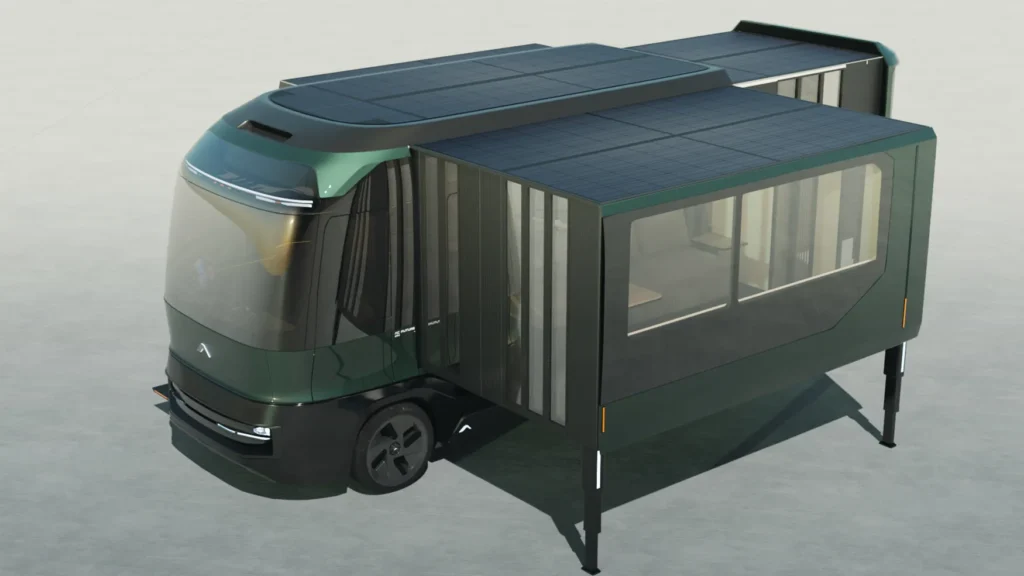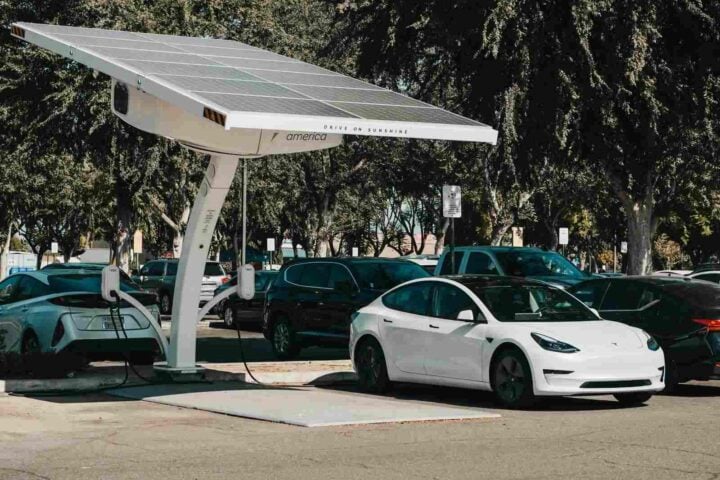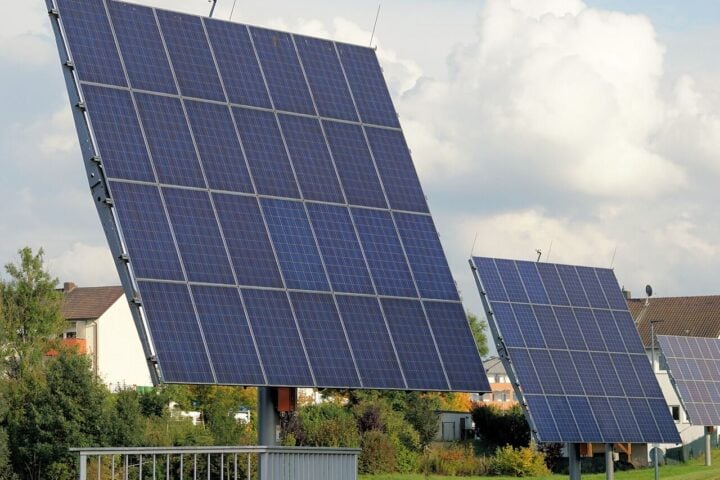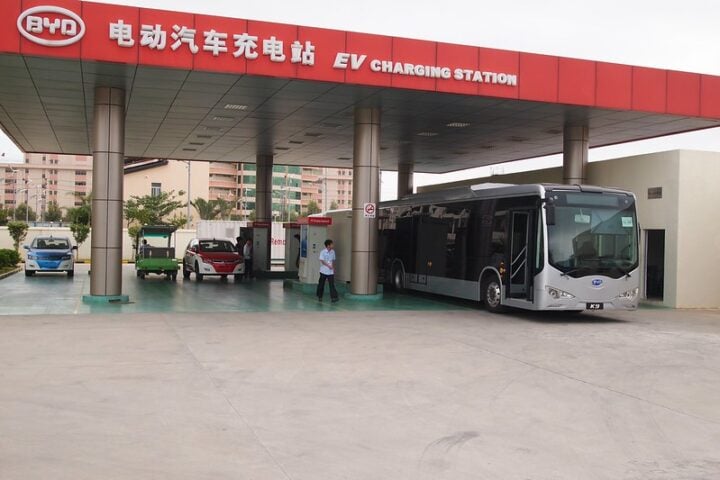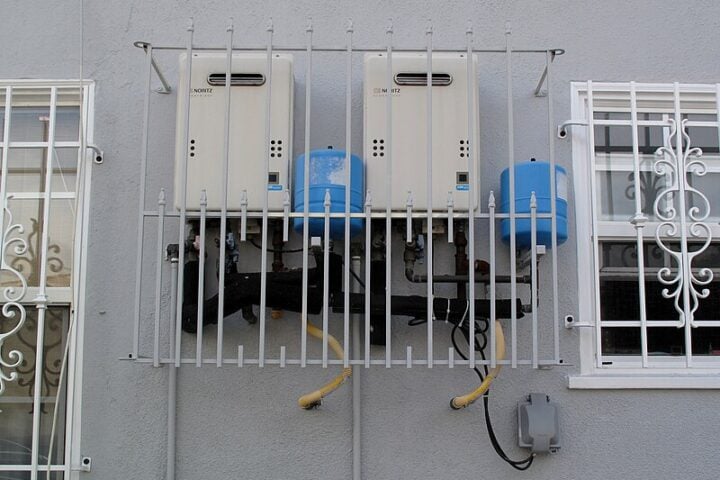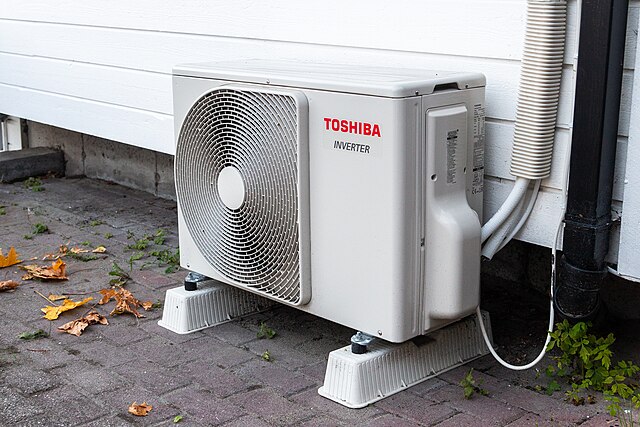Swedish researchers from Linköping University (LIU), Karlstad University, and Chalmers University have developed a new type of battery made from zinc and the environmentally friendly wood component lignin, which is a by product of the paper industry. Unlike traditional batteries that use toxic components such as lead, these are made without such hazardous materials, offering a safer and more sustainable alternative.

“Solar panels have become relatively inexpensive, and many people in low-income countries have adopted them. However, near the equator, the sun sets at around 6 PM, leaving households and businesses without electricity. The hope is that this battery technology, even with lower performance than the expensive Li-ion batteries, will eventually offer a solution for these situations.”
Reverant Crispin, professor of organic electronics at Linköping University
These batteries are not only affordable and recyclable, but also have potential in developing countries where electricity is scarce. The batteries can retain about 80 percent of their capacity for up to 8,000 cycles and are capable of holding a charge for up to a week—far longer than existing zinc-based batteries, which typically discharge within a few hours.

“While lithium-ion batteries are useful when handled correctly, they can be explosive, challenging to recycle, and problematic in terms of environmental and human rights issues when specific elements like cobalt are extracted. Therefore, our sustainable battery offers a promising alternative where energy density is not critical.”
Ziyauddin Khan, a researcher at the Laboratory of Organic Electronics at LiU
Similar Post
The research, conducted in collaboration with the startup Ligna Energy, has led to the stabilization of zinc in the batteries using a new type of electrolyte, known as a Water-Polymer-Salt Electrolyte (WiPSE). This innovation addresses the major durability issue previously seen in zinc batteries, where the zinc reacted with water to release hydrogen gas, making them unusable.
Ziyauddin Khan from Linköping University highlighted that although lithium-ion batteries have a higher energy density, they pose significant environmental and safety risks, including the potential for explosions and difficulties in recycling. The new zinc-lignin batteries, with an energy density of 30-50 watt-hours per kilogram, provide a promising alternative, especially in scenarios where high energy density is not crucial.
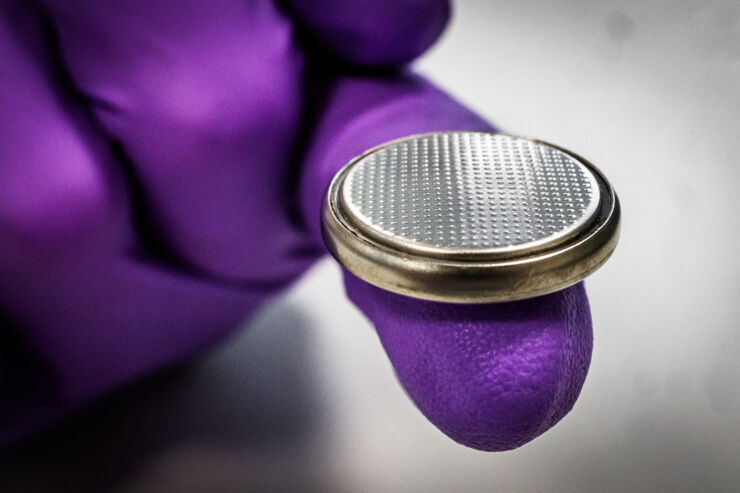
Ziyauddin also stressed on the fact that, compared to lithium-ion batteries, both zinc and lignin are super cheap, and the battery is easily recyclable. The cost per usage cycle calculation makes it an extremely cheap battery compared to lithium-ion batteries.
The team is optimistic about the future scalability of this technology, aiming to develop larger batteries that could be used in applications such as electric vehicles and solar panels to provide electricity in underserved regions.

“We can view it as our duty to help low-income countries avoid making the same mistakes we did. When they build their infrastructure, they need to start with green technology right away. If unsustainable technology is introduced, it will be used by billions of people, leading to a climate catastrophe.”
Reverant Crispin, professor of organic electronics at Linköping University
